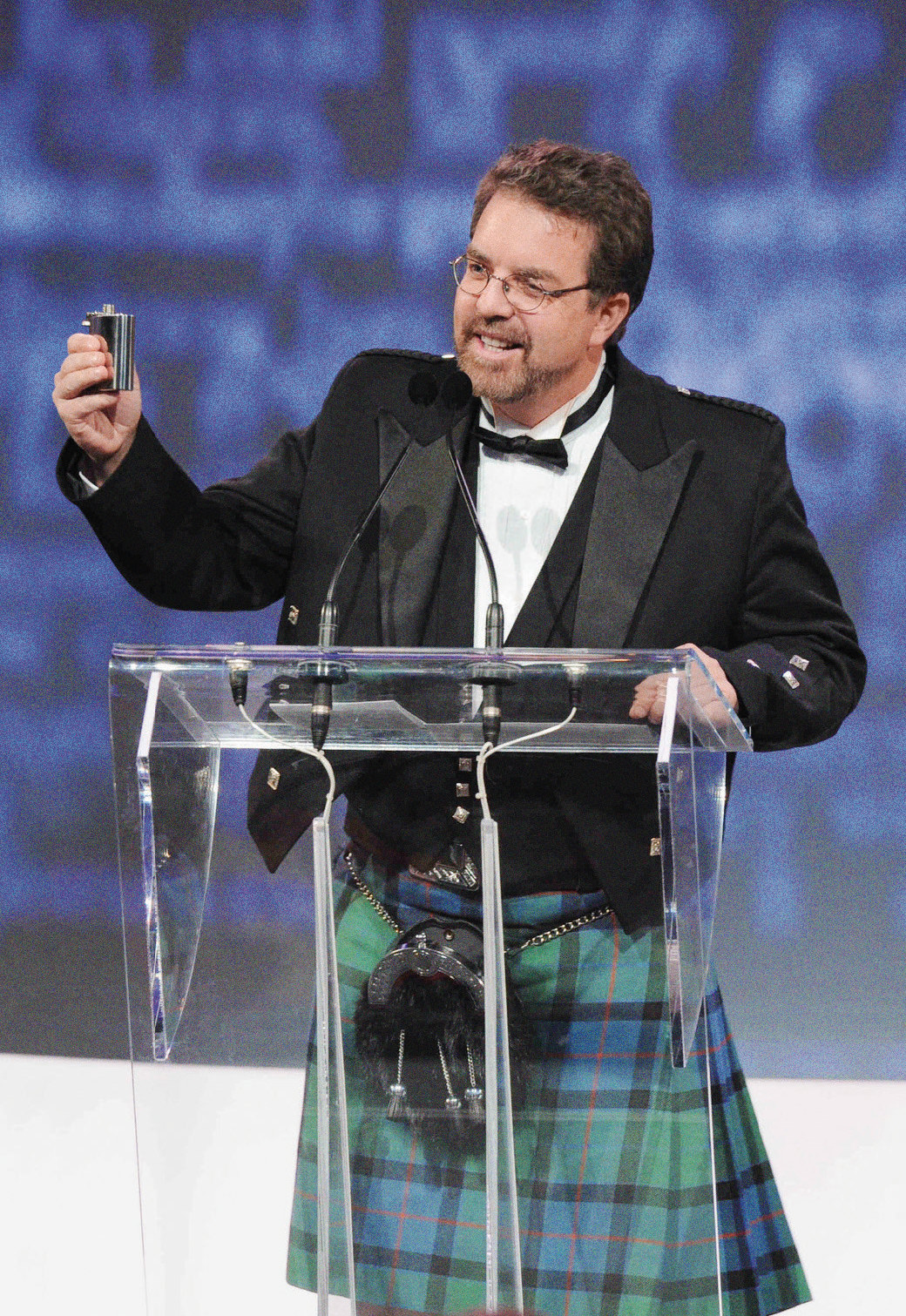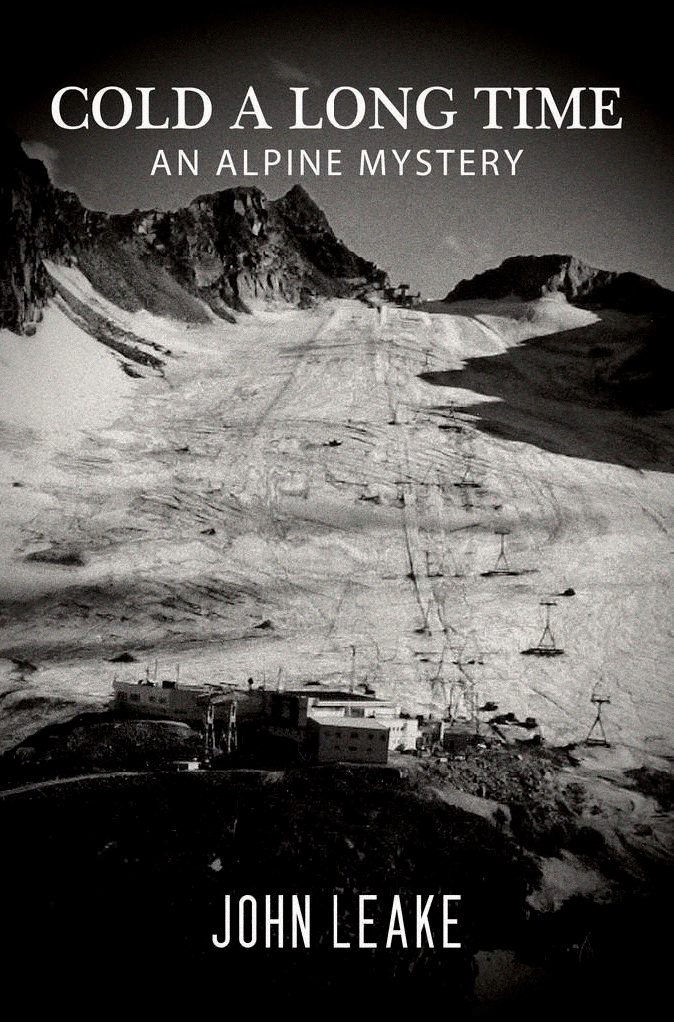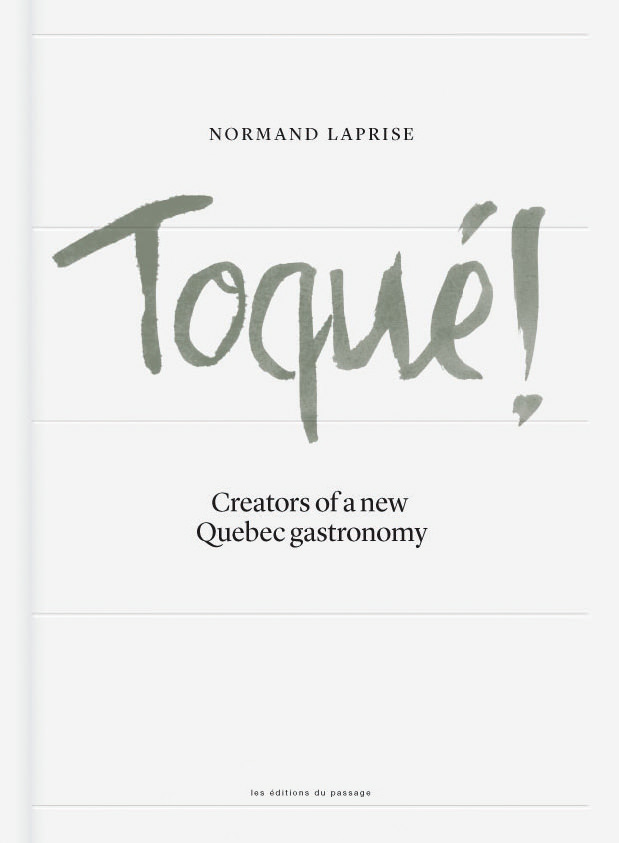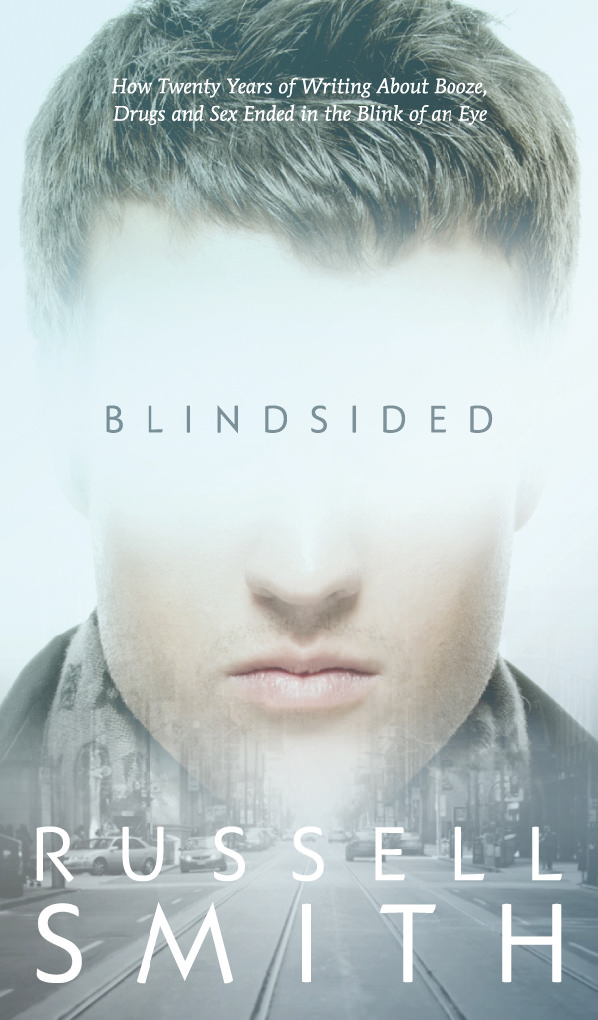-
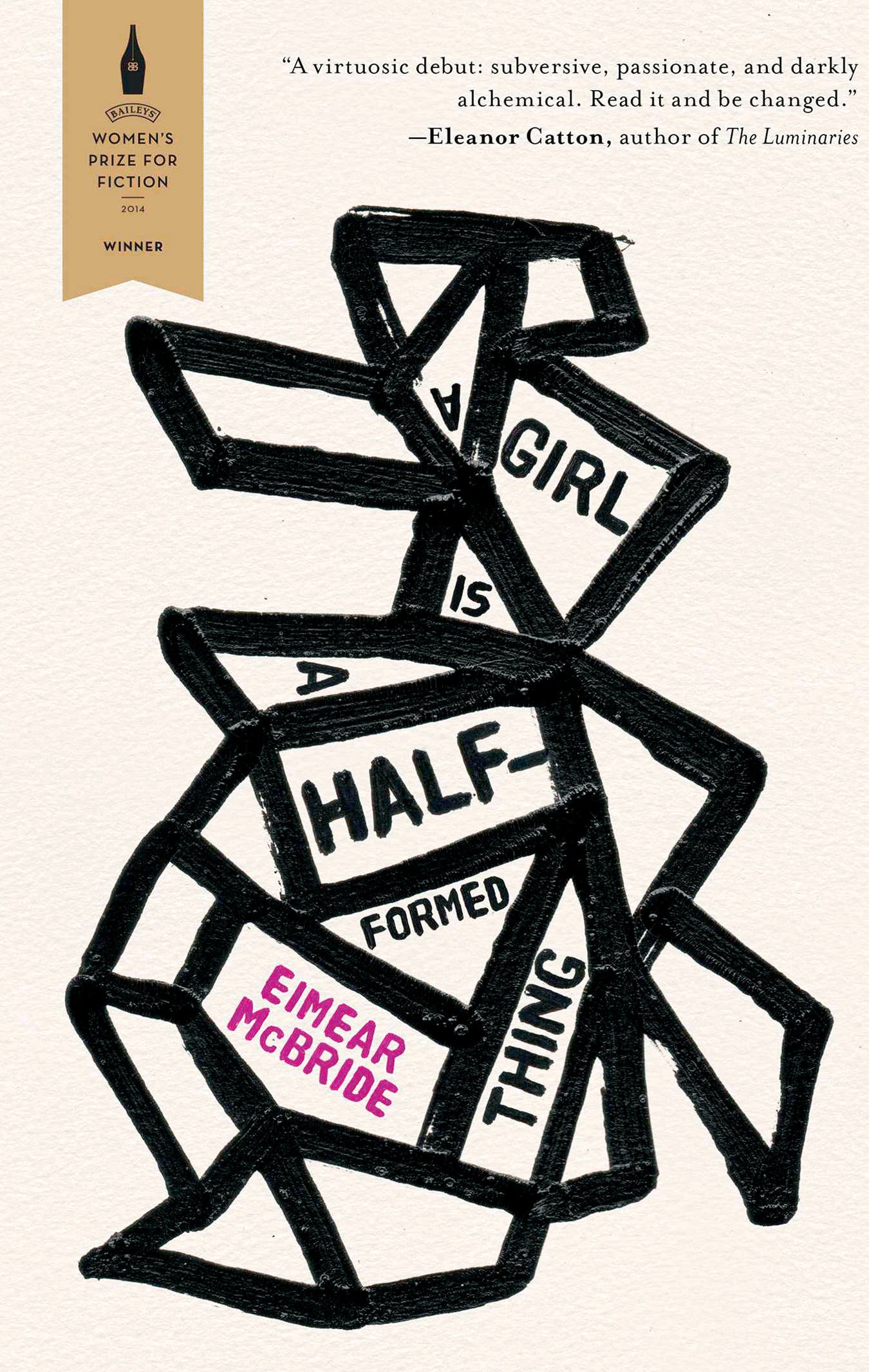
A Girl Is a Half-Formed Thing by Eimear McBride.
-
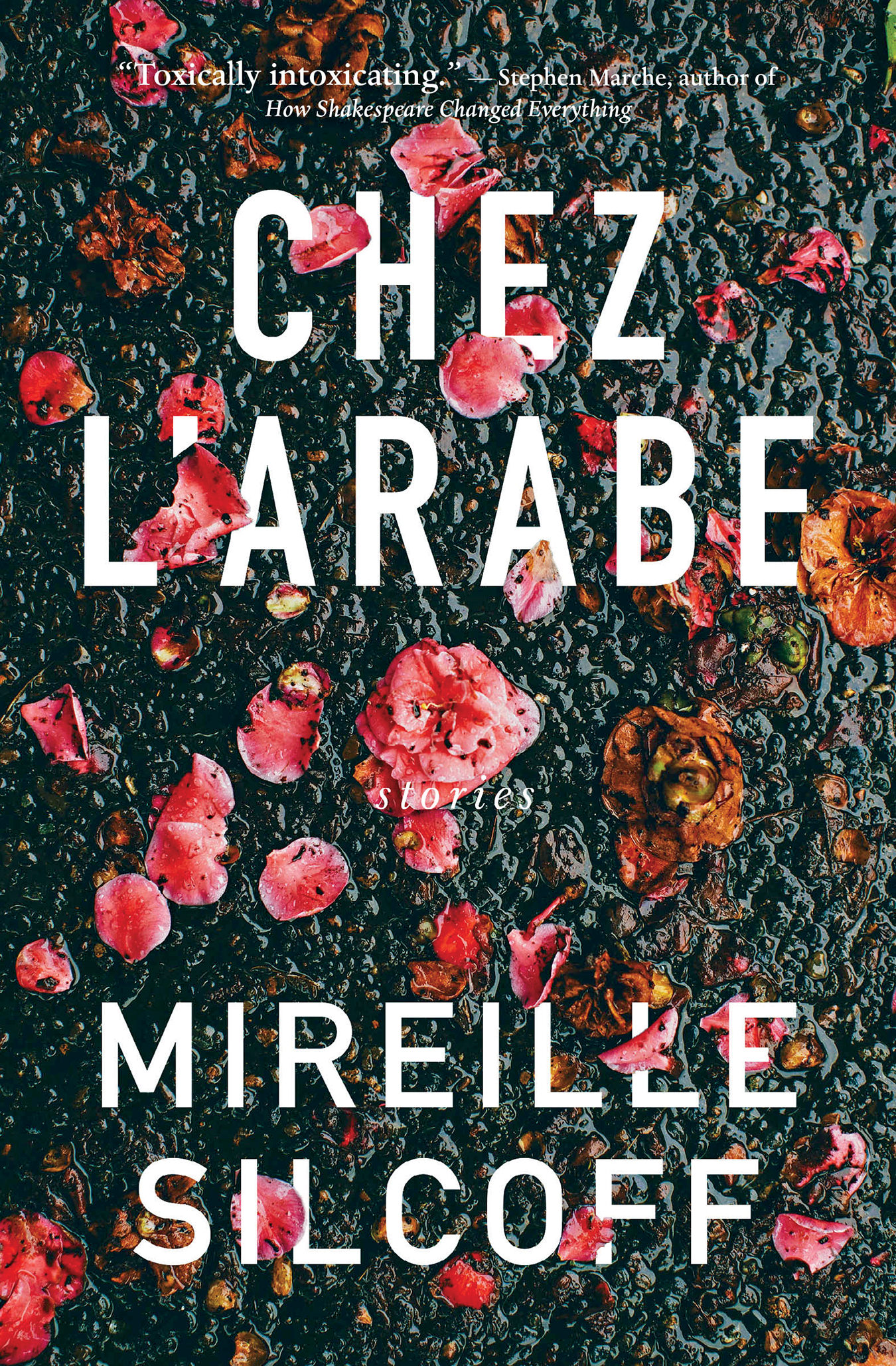
Chez l’Arabe by Mireille Silcoff.
-
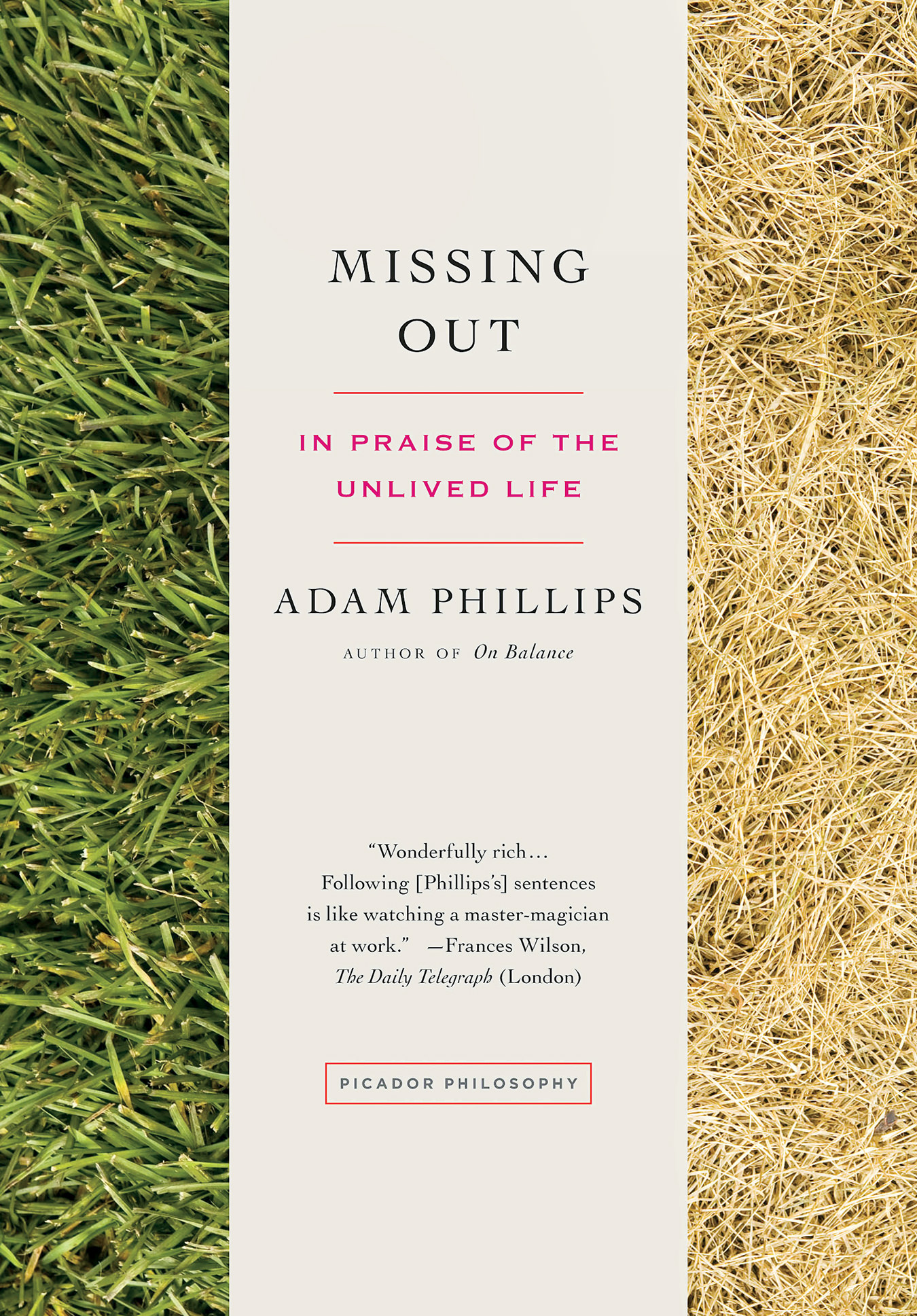
Missing Out: In Praise of the Unlived Life by Adam Phillips.
Off the Shelf: Mind Field
Books by Adam Phillips, Mireille Silcoff, and Eimear McBride.
Anyone halfway honest, given a spot of privacy, could draw up a list of things they’ve done and said they wish desperately could be undone, reeled back in. And we maintain a fairly clear-cut relationship to this material: an awkward blend of disgust, embarrassment, regret, and a top note of perverse pride for having weathered it at all.
Consider for a moment the possibility that our very selves—our centred, internal, ever-present cluster of backstories we identify with the letter I—comprise as much everything we haven’t done as everything we’ve done. Everyone we haven’t become as much as who it is we find we have. Can anything useful be gleaned from the premise?
Because we are, crudely, desiring machines, we trail behind us a personal wake of frustration, fantasy, double-ness, resentment, disguise, avoidance, dreamlife, and shame, of varying intensities. Whether we like it or not, there’s a sort of inner accountant (there since birth) tallying which and how often and to what extent our desires are either satisfied or frustrated. This ongoing reckoning can be said to constitute what it is other people confront when they interact with us, for better or worse. It plays across our facial features like weather, and determines so much of our behaviour, conscious and unconscious.
Missing Out: In Praise of the Unlived Life
Adam Phillips is a psychoanalyst, writer, and professor in the United Kingdom whose style as a thinker and essayist elevates his work beyond argument, pedantry, or self-help into the category of “must-reads”. His prose is simply gorgeous—elegant, funny, probing, erudite, fearless, and necessary—and the writer has very few equals when it comes to sketching the modern mind in all its tragedy and potential. It simply does not matter where you stand on the practice or efficacy of psychoanalysis—Phillips is that species of intellectual who can shine light into corners of human behaviour you didn’t even know were corners, or darkened, or had anything to do with humans. Missing Out: In Praise of the Unlived Life sorts itself into five semi-discrete chapters, any one of which carries as much insight and luminous turns as an entire book: “On Frustration”, “On Not Getting It”, “On Getting Away with It”, “On Getting Out of It”, and “On Satisfaction”.
From the second chapter:
In the language of psychoanalysis, it is a super-ego command—one of the most intimidating in what is a horrible repertoire—that dominates our lives: “You must get it” (you must get it in order to qualify as a member of our group). We need to imagine what a life would be like in which this command had been dropped, a life in which there was nothing to get because what went on between people, what people wanted from each other, couldn’t possibly be phrased in that way. Our lives would not be about getting the joke or the point. Or, to put it slightly differently, there would be other pleasures than the pleasures of humiliation.
At bottom, the wizardry Phillips pulls off amounts to shaking the dust, the mistakes, the awkwardness, and the contextual-historical baggage from Freud’s work to reinvigorate a fairly straightforward question: whether or not and to what extent it might be valuable to know ourselves before we’re finished living. Phillips keeps approaching the unanswerable in deeply intelligent prose.
Canada produces an abundance of grains and oilseeds, a torrent of uranium and potash, a lot of lumber and livestock. We have powerful speed skaters and decent indie bands. We’ve also shipped out more than our fair share of masters of the short story. Alice Munro went more global than she already was after her recent Nobel Prize. Mavis Gallant should be as famous. From those two heavenly lights right on up to contemporary brilliances like Mark Anthony Jarman, Zsuzsi Gartner, David Bezmozgis, Barbara Gowdy, Lisa Moore, Caroline Adderson, and Jaspreet Singh (to name only a few), there seems to be something in the drinking water besides all the mercury and molybdenum that puts us at home inside a ferociously difficult form. It’s possible, I think, that whatever a nation busies itself with at the macroeconomic level can seep into the imaginative engines of its writers, affecting the product of their hours of work. Perhaps a country so heavily reliant on its extractive sector has produced writers who mirror the sad violence of getting in, getting what you need, getting out, and then letting the wind whistle forlornly around the resulting scars. Or it’s the endless hours of R&D, preparation, engineering, and labour that go into pulling a diamond out of masses of obstinate rock.
Chez l’Arabe
Mireille Silcoff, a Montreal-based writer whose debut collection, Chez l’Arabe, appeared this year, seems well positioned to join the set of elite practitioners. Her stories are elegant, shrewd, urbane, formally astute pictures of people whose very core has come under a geologic-sized pressure and threatens to come undone altogether. Or be altered in ways they’ve never before imagined.
The title story that opens the collection is a deft, painful, and funny vision of physical recovery, the borders of the self, and an alien species of kindness. The narrator, a professional woman taking her first teetering steps back toward life after a severe neurological trauma, is made to wonder anew at why strangers—the driver of a car service who takes her to and from hospital, the Iranian owners of her local lunch spot who begin bringing her midday meals—should enact such patterns of devotion and care toward her. And why some of this communitarian spirit doesn’t sit so well with her mother.
In “Davina”, a woman, a sort of artist of domestic entertaining, who learned her chops as a dinner-party hostess from her father’s second wife, is recalling the origins of her passion and, while doing so, recalls a conversation that unravels an entire tapestry of relational stresses and divergences. Her father was a neurosurgeon forever locking himself up with his brain images and obscure articles, eventually absenting himself from the feasts and soirees in his own house. The fulcrum around which this supercharged conversation spins is the word materialist. It’s used in the story by an adoring child, asking of an adult, bluntly, “Are you a materialist?” But we, as readers, watch the tenor of the entire story shift and darken as the word’s second, more strictly philosophical meaning grabs hold. It’s a genius stroke, and so gracefully executed it turned what I’d been quietly rating my least favourite of the book into a front-runner.
Silcoff has magnificent powers of observation and description of what we too often deem frivolous or decadent, the material adornments of the world around us. Clothes, interiors, objects, and furnishings are rendered with a master’s brush. But this author has a painfully keen sense of these “things” being a mirror and equal to the very material fabric of our persons. Author biography isn’t normally helpful, but Silcoff spent close to a decade living through a debilitating health crisis, much of it strapped immobile to a bed with brain fluid leaking out through mysterious rips in her spinal cord. Her brain was left to rattle around in a bone box. (She’s spoken publicly of her experience in a number of interviews.) These stories are evidence of her dark conversion to art of the highest order. Get a copy of Chez l’Arabe. Display it on your Isamu Noguchi coffee table.
A Girl Is a Half-Formed Thing
Stylistically, Eimear McBride couldn’t be more different from Silcoff. Occupying the fiery, infernal, phosphorescent end of the prose spectrum, McBride, another debut writer, from Ireland, is being compared with the biggies from the Irish canon—and even further afield. James Joyce, Samuel Beckett, Brendan Behan, and even continental author Franz Kafka—whew. No pressure, then. A Girl Is a Half-Formed Thing truly is that rare emergence, though, a book that reads like it boiled up out of the earth, as opposed to being actually typed out clickety-clack humdrum on someone’s laptop. It simply burns, this book, like lighting magnesium underwater, you’ve not read a blistering, in extremis voice exactly like this one before. Constructed from the west Ireland colloquial, the welded-on Catholic catechism and prayer, the internalized emotional doublespeak of a deeply disturbed mother, and the nearly soul-merging love she carries for a brother diminished and weakening from a brain tumour, the language here both is the speaking subject of the novel and partly constitutes the barrage of exterior forces threatening to “civilize” her. This never-named protagonist was born a lapsed Catholic, and her furious insistence on embodied knowledge, on truth as it’s felt at the nerve ends, can only be a one-way ticket to a very corporeal and solitary embrace with her “devil”.
With her beloved brother’s tumour worsening, and showing its effects in his gait and functional intelligence, wave after wave of the humiliation he suffers gets played out as part exorcism, part anaesthetic, and part chthonic baptism all over the body of, first, a pubescent girl, then more insistently and with agency by a college student/young woman alone in the city. At several points I could barely believe her survival and powers of endurance.
This novel can make you wonder at the miracle that any one of us is sane at all. The prison A Girl Is a Half-Formed Thing shows us is certainly a gendered one. Any number of these exertions of power, abject submissions, contortions of the soul, or imperatives to care are specifically reserved for girls and women. But the magic of McBride’s novel is that so much of what we call adulthood, maturity, or taking up a place among the citizenry, once diabolically bent by this new-modernist’s prism, is as easily construed as a cynical, dispiriting trap. A demand we refuse to feel contradiction in its full intensity and intractability while still finding room for love.
McBride has already collected a raft of accolades and prizes with purses attached and glowing reviews, all of it deserved. This one’s more than just another novel-of-the-year, though. You’ll want to be handing this down to your kids. And their kids.

